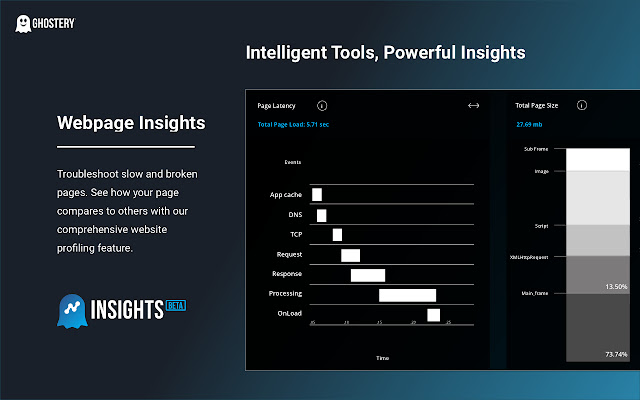
Top Prop Firms for Stock Traders with Remote Funding
Trade Anywhere. Funded Everywhere.
There’s a certain freedom in firing up your laptop, sipping coffee in your kitchen—or maybe on a balcony overlooking the city—and knowing you’re trading with someone else’s capital. Remote-funded proprietary trading firms have exploded in popularity, giving stock traders the ability to access six-figure accounts without putting up their own cash. For traders with skill but limited starting capital, it’s like having a backstage pass to the markets.
These prop firms aren’t just funding machines; they’re ecosystems built to support performance. The right one can give you training, analytics, and risk management tools so you can focus entirely on execution.
Why Remote Funding Prop Firms Have Taken Over
Traditional prop trading meant showing up at a physical office, rubbing shoulders with other traders, and proving your worth face-to-face. Now, tech and secure access systems mean all that can happen through a screen. Remote-funded prop firms specialize in capital allocation based on performance tests. If you pass their evaluation—often involving hitting profit targets while keeping risk within tight limits—you’re instantly in control of large accounts.
For example, firms like FTMO or Topstep give traders simulated demo environments to prove consistency, then deploy real capital once they pass. The model works for everything: stocks, forex, crypto, indices, options, commodities.
Key Advantages for Stock Traders
1. No Capital Barrier You don’t need $50,000 in your own account to trade big positions. If you’re good, you can step straight into size that would take years to build up.
2. Performance Over Wallet Size It’s about skill. Prop firms evaluate timing, drawdowns, and discipline—not how much money you start with.
3. Location Flexibility City apartment, countryside cottage, beach villa—it’s all the same to a remote prop firm. Funding follows you anywhere with a stable internet connection.
4. Multi-Asset Exposure Most modern prop firms allow cross‑market trading. You might place a morning stock trade, then move to oil futures or short Bitcoin in the afternoon. It’s a real‑time global playground.
The Reality Behind the Screens
A funded account sounds glamorous, but passing evaluations often feels like walking a tightrope. Targets can be aggressive, and risk rules rigid. Some traders mistake the flexibility of remote work for a license to gamble—with predictable results. The real winners treat it like managing a hedge fund: detailed plans, tested strategies, and no ego trades.
Take the story of one trader who passed his prop firm’s challenge from a café in Lisbon—not by hitting one giant win, but by stacking small, disciplined gains over three weeks. His funded account now pays more than his old corporate job, while he travels the world.
Prop Trading and the Bigger Financial Picture
The landscape isn’t just remote—it’s evolving. Decentralized finance (DeFi) and blockchain smart contracts are creeping into prop models. Imagine a future where profit splits and payouts run automatically through coded agreements. AI-driven analytics already help some firms track trader behavior and issue tailored feedback.
Challenges remain: DeFi still wrestles with regulation and trust, while AI’s predictive power is limited by market chaos. But the trend is unmistakable—prop trading is becoming more data-informed, tech-powered, and borderless.
Strategies That Actually Work
- Risk as a First Language: Limit daily losses so you can survive bad streaks.
- Diversification: Don’t put all your trades into one bleeding stock; spread positions across different asset classes.
- Journal Everything: Remote trading means fewer in-person mentors; your trade journal becomes your coach.
- Adaptability: Markets shift; strategies must evolve. The best traders adjust without emotional overreaction.
Looking Ahead
Prop firms with remote funding are the ultimate bridge between ambition and execution. For talented traders, they’re both opportunity and proving ground. As finance blurs into tech, tomorrow’s funded accounts might be managed via AI-assisted dashboards, paid out instantly in digital currencies, and offered by firms that exist entirely on blockchain networks.
If you’ve got the skill, discipline, and drive, the slogan fits: “Your trades. Our capital. Global stage.”
If you want, I can give you a shortlist of real prop firms with standout remote funding programs and break down their pros and cons so your readers get both the hype and a hard look at what they’re signing up for. Want me to put that together?